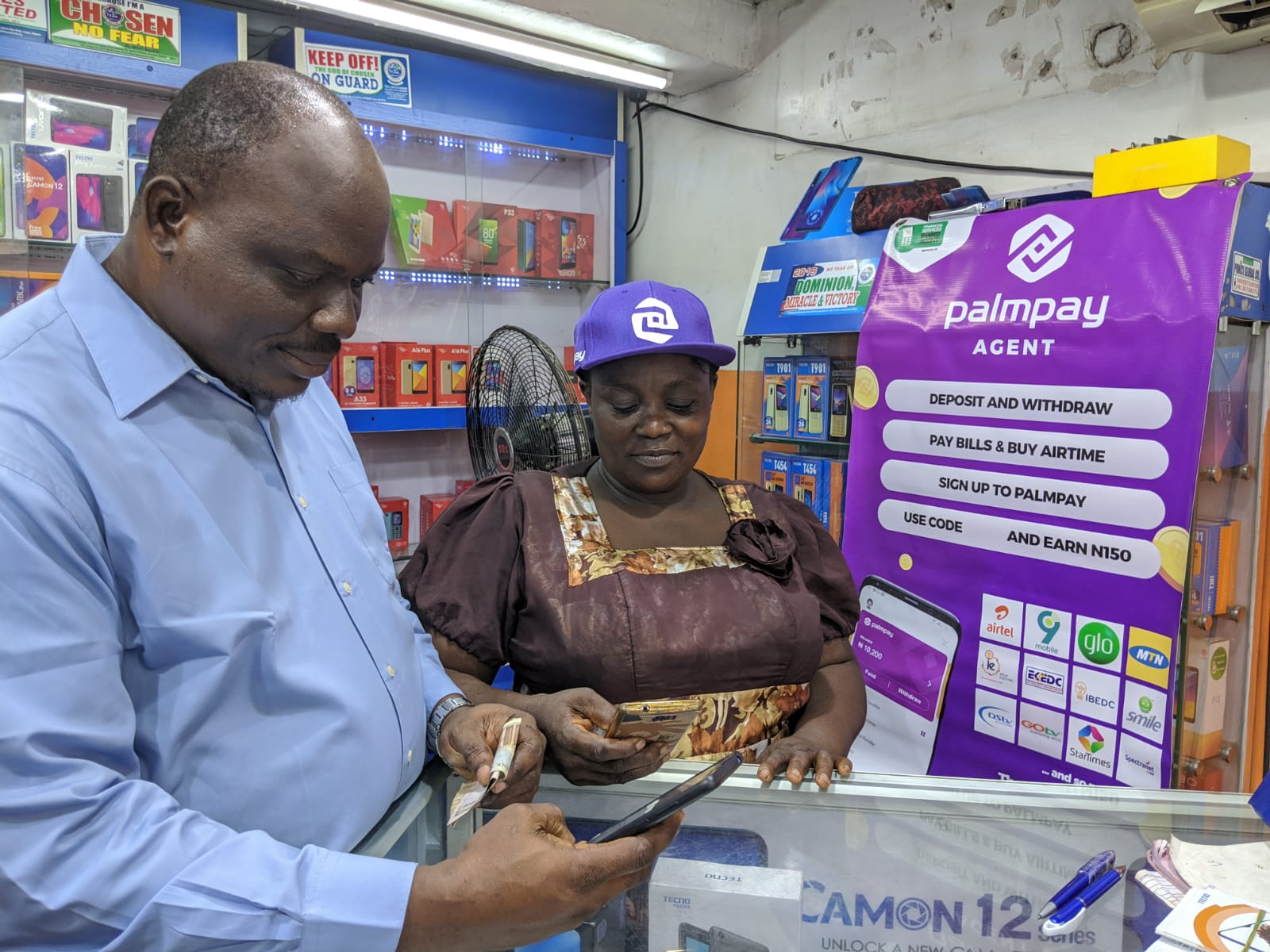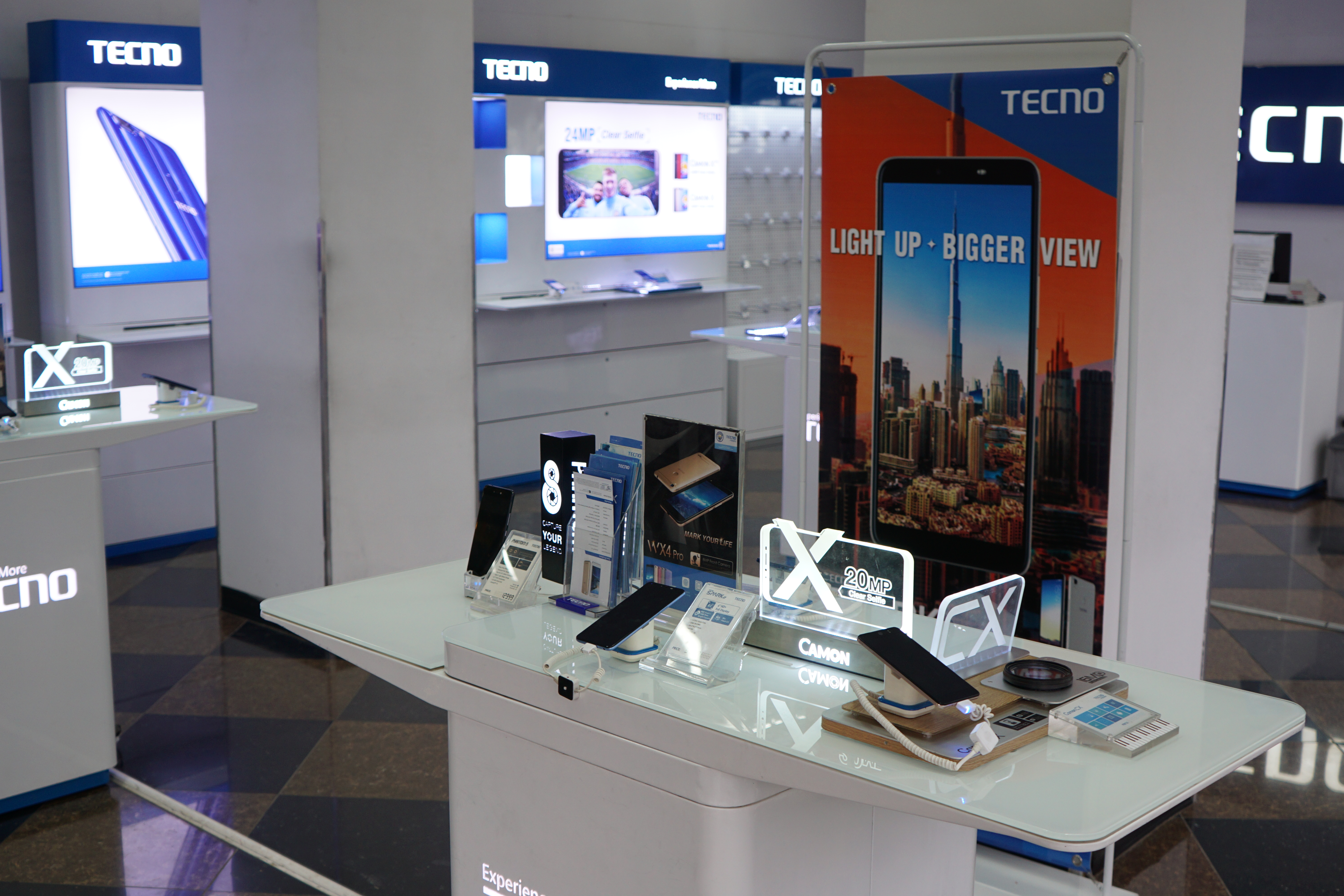Africa focused payment startup PalmPay will waive transfer fees in Nigeria and offer direct payouts to customers who have contracted COVID-19 in the West African country.
The venture — that launched in 2019 backed by China’s Transsion — has created the PalmPay Support Fund. The initiative will start with 100 million Naira (≈ $300K) and offer individual payments of 100,000 Naira (≈ $250) to PalmPay customers who have contracted the coronavirus.
The startup will expand the fund’s value by providing a matching gift per customer transaction for at least on month. PalmPay will also extend the fund to offer grants to organizations working on coronavirus mitigation and assistance efforts in Nigeria.
On the structure of the initiative — and adding a matching function — PalmPay aims to create interactivity with its clients on coronavirus relief efforts. “We want to provide relief…and get our customers feeling that they’re adding something to it as well,” PalmPay CEO Greg Reeve told TechCrunch on a call.
The company has created a page on its app for applications and funds dispersal. PalmPay is working with Nigeria’s Center for Disease Control on a verification process to confirm those who apply have tested positive for COVID-19, according to Reeve.

Image Credits: PalmPay
PalmPay’s initiative comes as COVID-19 has hit Africa’s largest economies and the continent’s fintech platforms have been mobilized as tools to stem the spread.
Early in March, Africa’s coronavirus numbers by country were in the single digits, but by mid-month those numbers had spiked, leading the World Health Organization’s Regional Director Dr Matshidiso Moeti to sound an alarm.
By WHO stats Tuesday there were 14,922 COVID-19 cases in Africa and 702 confirmed virus related deaths, up from 345 cases and 7 deaths on March 18.
Countries such as South Africa, Kenya and Nigeria — which happen to be Africa’s top tech hubs — have imposed social distancing and lockdown practices.
Governments and startups on the continent have also turned to measures to shift a greater volume of financial transactions to digital payments and away from cash — which the World Health Organization flagged as a conduit for the coronavirus.
It’s an option facilitated by the boom in fintech that’s occurred in Africa over the last decade. By several estimates, the continent is home to the largest share of the world’s unbanked population and has a sizable number of underbanked consumers and SMEs.
But because of that opportunity, fintech startups now receive the majority of VC funding annually in Africa, according to recent data.
Increasingly, Nigeria has become the focal point for digital finance development on the continent, boasting Africa’s largest economy and population (200 million).
The country has multiple new digital-payments entrants — see Chippercash — and several firmly rooted later-stage fintech players, such as Paga and recently confirmed unicorn Interswitch.
PalmPay launched in Nigeria last year on the back of one of Africa’s largest 2019 seed-rounds — $40 million led by Transsion. In addition to a lot of capital, the investment came with an additional competitive advantage for the startup. Through its Tecno brand, Transsion is the largest seller of smartphones in Africa and PalmPay now comes preinstalled on all Tecno devices.

Image Credits: Jake Bright
While PalmPay reamins in the race to capture fintech market share in Nigeria, for now the startup looks to weather the COVID-19 crisis in the country. Like most of Nigeria — and much of the world — PalmPay’s staff are on lockdown and working from home, according to the company’s CEO.
Commercial times in the country could be tough into the next year. Nigeria has already seen a reduction in economic activity as a result of COVID-19, and as a major oil producer, the country will face an additional economic blow due to the drop in demand the pandemic has dealt to petroleum markets.
A trend that could come out of the crisis that benefits fintech players, according to PalmPay CEO Greg Reeve, is greater digital finance adoption in Nigeria. In the past, the country has shown a cash-is-king reluctance by parts of the population to use mobile payments and lagged Africa’s digital finance leaders Kenya and South Africa.
The current health crisis could shift consumer habits in Nigeria, according to Reeve. “We’ve seen an increased use in our service, whilst people aren’t able to move around,” he said.
“There is a natural uptake right now for services like mobile money and I think when people start to use it, they’ll continue to use it when the COVID-19 ceases.”
from TechCrunch https://ift.tt/2zlSnzo
via IFTTT


Post a Comment